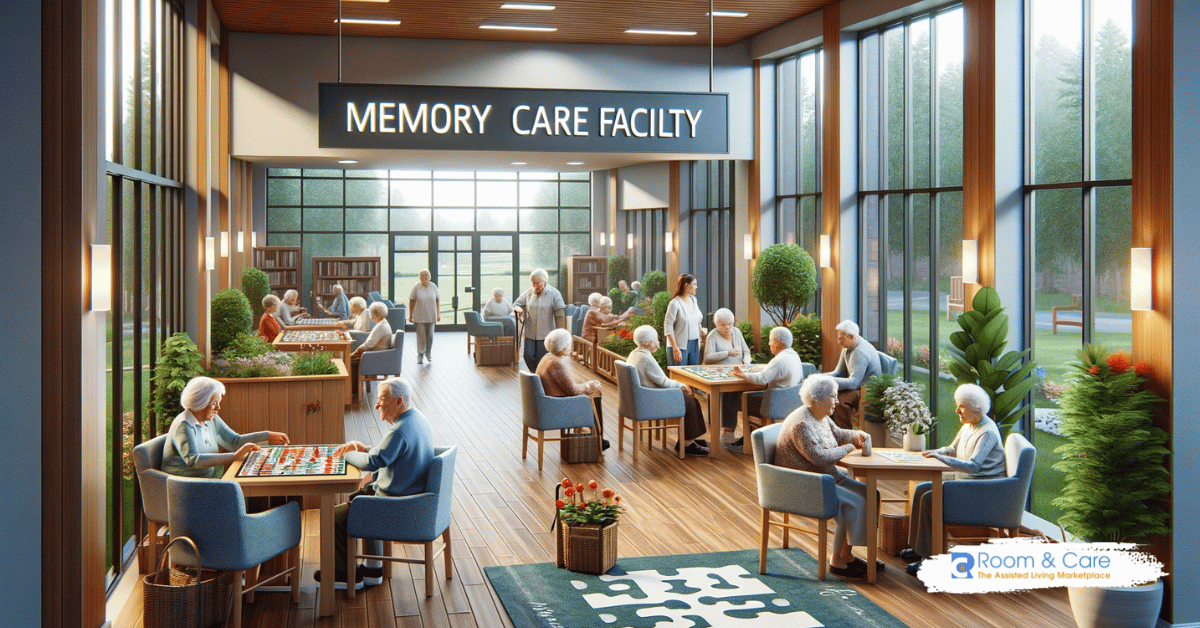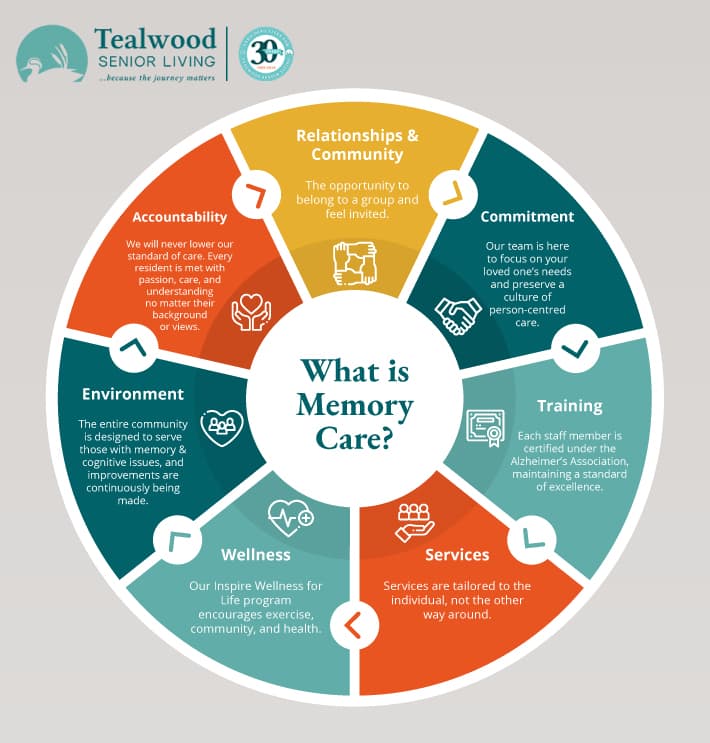Creating a Safe and Encouraging Atmosphere for Alzheimer's Care
The creation of a risk-free and encouraging atmosphere for individuals with Alzheimer's is vital in enhancing their high quality of life. Checking out these complex strategies can reveal vital understandings right into effective caregiving strategies that may transform the day-to-day experiences of both caregivers and individuals.
Comprehending Alzheimer's Needs
Often, individuals with Alzheimer's illness display a series of needs that require tailored methods to care. As the condition progresses, cognitive decline shows up in numerous means, influencing memory, thinking, and also the capability to do day-to-day tasks. Caretakers need to acknowledge these developing needs to offer suitable support and ensure a greater top quality of life for those influenced.
One important element of comprehending Alzheimer's requirements is recognizing the importance of routine and familiarity. Individuals often locate convenience in recognized patterns, which can lower anxiousness and complication. Caregivers should make every effort to produce organized everyday routines that integrate meaningful tasks aligned with the person's capabilities and interests.
In addition, efficient interaction is paramount. People with Alzheimer's may have a hard time to share themselves or comprehend complex language. Caretakers must employ straightforward, clear language, use non-verbal cues, and technique energetic listening to promote understanding and connection.
Last but not least, social and emotional demands can not be neglected. Giving chances for social communication and maintaining partnerships can dramatically enhance psychological well-being. Caregivers need to urge involvement in community activities or family members gatherings, advertising a sense of belonging and objective. Understanding these varied demands is vital for developing a helpful treatment environment.
Creating a Safe Home
Producing a secure home for people with Alzheimer's illness is necessary to decreasing threats and advertising self-reliance. The style of the home must prioritize security while permitting individual convenience. Eliminate prospective hazards such as loose rugs, sharp objects, and clutter, which can lead to drops or crashes. Make sure that pathways are clear and well-lit, as correct illumination reduces disorientation and enhances flexibility.
Integrating adaptive functions is likewise vital. Mount grab bars in restrooms and near stairs, and consider using non-slip floor coverings in wet locations. Additionally, using different colors for wall surfaces and floors can assist in distinguishing spaces, aiding to reduce complication.
Familiarity is very important for individuals with Alzheimer's. Personalizing the setting with familiar things and photographs can strengthen a feeling of belonging and safety - Alzheimers Care Charlotte. It is likewise useful to have actually a designated area for day-to-day activities, such as reading or crafting, which can give structure to their day
Finally, implementing a safe exterior space permits for secure exploration while getting in touch with nature. By attentively designing the home environment, caretakers can substantially boost the quality of life for individuals dealing with Alzheimer's illness.
Enhancing Interaction Skills

Non-verbal communication, consisting of faces, motions, and touch, plays a crucial function in communicating compassion and understanding. Keeping eye call and a calm attitude can improve the comfort degree of the individual, promoting a feeling of safety and security.
Additionally, it is crucial to practice energetic listening. This includes being completely present, revealing persistence, and allowing the individual to reveal themselves without disturbance. Repeating may be necessary; caretakers ought to be prepared to take another look at concerns or topics, as people with Alzheimer's may deal with memory recall.
Furthermore, making use of visual help or hints, such as photographs or acquainted objects, can promote acknowledgment and involvement. Eventually, boosting communication abilities has to do with constructing trust and developing an atmosphere where people feel listened to, valued, and understood, therefore enhancing their lifestyle.
Motivating Social Communication
Promoting purposeful social interactions can greatly boost the well-being of people with Alzheimer's disease. Engaging with others not just aids fight sensations of isolation however also stimulates cognitive feature and psychological health. Structured social activities, such as team crafts, arts and video games, or music therapy, produce possibilities for residents to get in touch with peers and caregivers, which can cause boosted mood and decreased stress and anxiety.
Producing a welcoming environment that motivates socializing is important. This can be accomplished by preparing public rooms that facilitate interaction, such as comfortable seating areas or activity spaces. Furthermore, incorporating culturally appropriate and acquainted Go Here tasks can encourage and spark memories participation, enabling individuals with Alzheimer's to feel more connected to their past experiences.
Furthermore, caretakers ought to be educated to acknowledge and advertise social engagement amongst citizens. By focusing on social interaction, we can dramatically improve the lives of those living with Alzheimer's, cultivating a sense of community and belonging.
Sustaining Caregiver Health

To sustain caretakers, companies ought to use routine training and instructional resources to boost their understanding of Alzheimer's condition and caregiving strategies. Giving access to reprieve care solutions allows caretakers to take necessary breaks, lowering stress and fatigue - Alzheimers Care Charlotte. In addition, fostering a community through support system can assist in emotional sharing and the exchange of useful suggestions among caregivers, creating a network of shared assistance
Mental health and wellness resources, such as counseling solutions, can additionally be essential in read the article resolving the psychological toll caregiving can take. By focusing on caretaker health, we produce an even more sustainable caregiving setting that not just benefits the caregivers themselves but also boosts the general quality of care obtained by people with Alzheimer's. Eventually, sustaining caregivers is an essential component in cultivating a compassionate and efficient treatment setting.
Final Thought
To conclude, the creation of a safe and encouraging setting for people with Alzheimer's is important to boosting their lifestyle. By prioritizing safety through thoughtful design, fostering psychological wellness with familiar aspects, and advertising involvement via structured routines, caregivers can dramatically impact the total experience of those affected by this condition. Sustaining caregiver wellness is critical, as it eventually adds to a more caring and reliable treatment atmosphere.
Repetition might be necessary; caretakers should be prepared to take another look at that site subjects or questions, as individuals with Alzheimer's might struggle with memory recall.

Comments on “Advanced Memory Assistance Providers Readily Available with Alzheimers Care Charlotte”